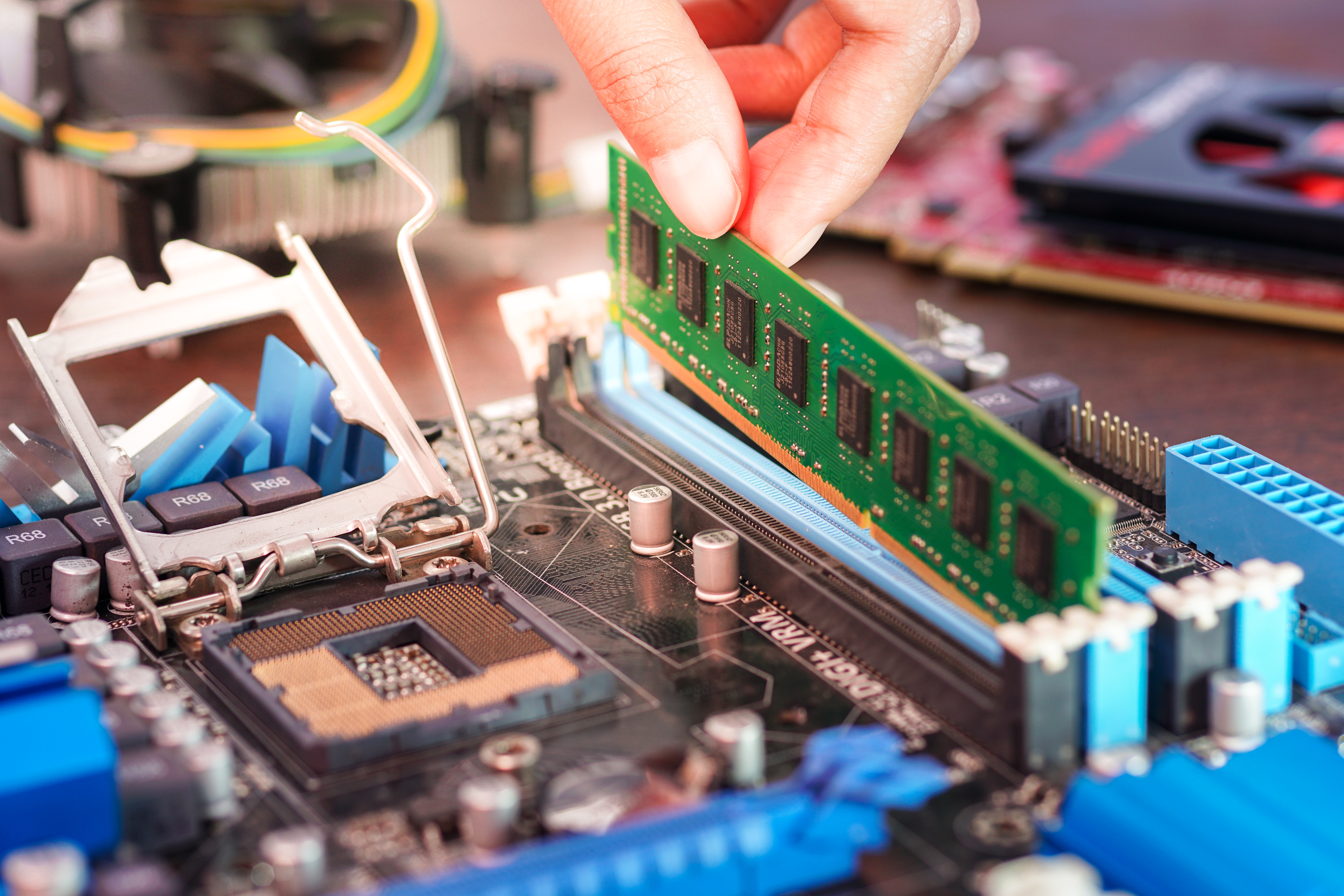

I frequently change the modules I use in reviews because newer platforms supporting the same memory interface don't always work well with the modules I have on hand. At speeds above the JEDEC standards is another story. I've only ever had trouble making memory work on motherboards at JEDEC speeds once or twice in the last ten years or so that I can recall. Memory modules designed for use in enthusiast oriented motherboards and systems also support XMP 1.x / 2.0 profiles. As long a memory module conforms to JEDEC specification then it should technically work at JEDEC approved speeds on any motherboard supporting that memory standard.

So far I've never had a problem with memory, but I'm now wondering if this compatibility stuff is now "a thing" or people are just blowing any potential "incompatibility" it out of proportion. I don't overclock, so any simple mobo usually does the trick. I don't really care about what motherboard to buy, as I only need to place the CPU, 1 GPU, 2 sticks of DDR and 3 drives. I've never even thought of this, so I want to know if this is something I should start checking in the future. OC speeds, sure, that may run into problems, but just running the DDR stick should never be a problem.

If it supports DDR4, it should support all DDR4 sticks. Point is, you shouldn't need the motherboard manufacturer to tell you if a DDR stick works on their board or not. Isn't the point of DDR specification precisely to guarantee that any reputable DDR4 DIMM will work on a DDR4 motherboard? How can it be explained that it "might" not work? That's what I think, that it'll probably work, but my confusion remains.


 0 kommentar(er)
0 kommentar(er)
